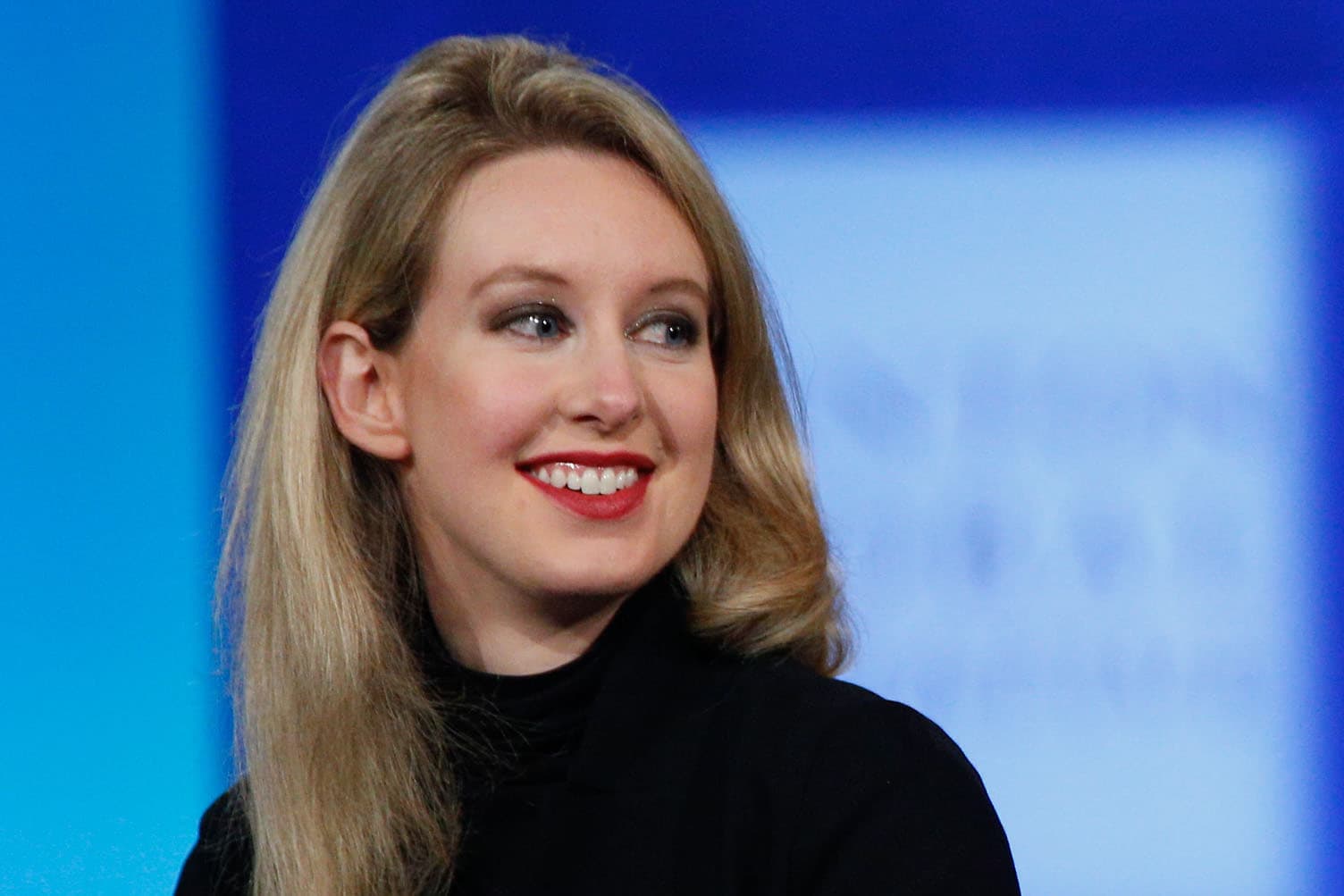Products You May Like
SAN JOSE, CALIF. — As Theranos’ troubles were mounting in 2014, the blood-testing start-up hired a dermatologist with no board certification in laboratory science or pathology to become the lab director.
According to court testimony on Thursday in the criminal trial of Theranos founder Elizabeth Holmes, Sunil Dhawan was brought on in a temporary role by Ramesh “Sunny” Balwani, who was the company’s president.
Dhawan was Balwani’s longtime dermatologist. He was called as a witness by prosecutors, who are trying to prove that Holmes bilked millions of dollars out of investors while knowingly misleading patients and doctors about the company’s blood-testing technology. Holmes, who faces 12 counts of wire fraud and conspiracy, has pleaded not guilty.
Dhawan testified that Balwani, who was then in a romantic relationship with Holmes, told him “the time commitment is very minimal.” In a November 2014 email, Balwani also told him that “this will be mostly an on-call consulting role,” said Dhawan, who met federal and state requirements to be a lab director.
In the San Jose courtroom, Jeff Schenk, an assistant U.S. attorney, asked Dhawan, “Did he describe to you what Theranos did?”
In response, Dhawan said that he searched Google to learn about Theranos’ technology, adding that he “had one short conversation about it,” with Balwani.
Dhawan testified that between November 2014 and the summer of 2015, he only went to the lab twice and worked a total of five to 10 hours. He told jurors that he never met any employees, physicians or patients.
Dhawan was hired to replace Adam Rosendorff, who quit in 2014 amid mounting frustrations about the inaccuracies and false results of the blood tests. Unlike Dhawan, Rosendorff was a board certified pathologist who spent every day inside the lab.
Schenk continued, “There wasn’t one time you spoke to a Theranos employee who worked in the lab?”
“I don’t recall any conversation in that length of time,” Dhawan said.
Dhawan added that he didn’t meet Holmes until September 2015. He told jurors that he became more involved at the company that month as regulators planned to audit the lab.
In his cross-examination, defense attorney Lance Wade, who’s representing Holmes, asked Dhawan about Balwani’s importance at the company.
“You understood he was one of the top two executives at the company?” Wade asked.
“My assumption was he was a top executive,” Dhawan said.
“He was running the laboratory from an operational standpoint, correct?” Wade asked.
Dhawan responded, “I can’t comment on that because I was never told he was running the lab, but it was my assumption he was yeah.”
Balwani was charged with the same crimes as Holmes. He also pleaded not guilty and will be tried separately next year. Dhawan’s testimony continues Friday.
‘The actual magic’
Earlier Thursday, a former Walgreens senior executive, Nimesh Jhaveri, took the stand.
Jhaveri said Walgreens’ goal in its partnership with Theranos was to allow customers to get their lab results with just a few drops of blood. Providing a more efficient and less painful process than traditional labs would be “extraordinary,” Jhaveri said.
“It was changing the lab environment,” Jhaveri said. “Less blood required was the actual magic, it was so intriguing to us at Walgreens.”
Walgreens invested $140 million into the failed company. Clinics with the blood-testing technology were rolled out to 40 drugstores in Arizona and one in California. In August 2014, a year into the partnership, Walgreens cut its rollout goal of 500 Theranos wellness centers to 200.
“Cost was an obstacle, training our team members was an obstacle, hiring phlebotomists was an obstacle,” Jhaveri said. “The entire operating model was not perfected so that’s why we decided to reduce the number.”
Jhaveri said he told Balwani they needed to have a detailed plan to improve patient experience if they planned to expand. Under cross-examination, Jhaveri told jurors that he had minimal contact with Holmes, meeting with her only two or three times.
Jhaveri said Walgreens took “a step back” when former Wall Street Journal reporter John Carreyrou first broke the story that Theranos was misleading customers and investors about its testing accuracy. In 2016, Walgreens began pulling the plug on Theranos services inside its drugstores.
WATCH: Former employees and patients testify in Elizabeth Holmes trial
